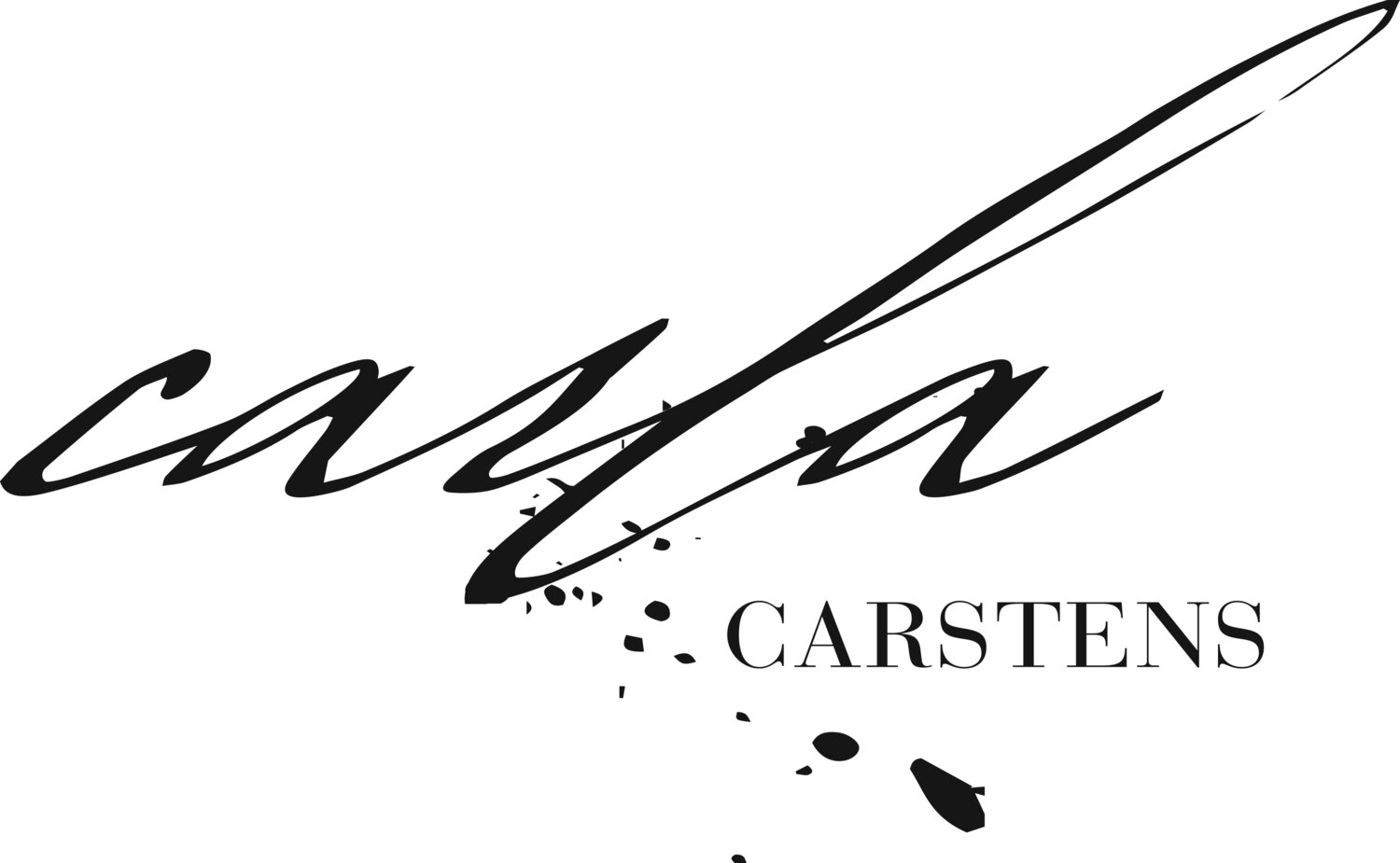How to Separate Your Self-Worth from Your Career
Listen to the original podcast here
It's easy to tie our identity to our career. After all, most of us spend years preparing for it—going to college, interning, gaining experience, and putting in hard work to succeed. Pride in what you do is important, and finding fulfillment in your work is something many of us aspire to. But what happens when things don't go as planned? When you lose your job or feel disconnected from your work, it can send you into an identity crisis, leaving you questioning your worth.
In this blog, we’ll explore how to recognize when your career influences your self-worth too much and the steps you can take to separate your personal value from your professional life.
The Career Identity Trap
In our twenties, many of us chase professional goals without considering who we are outside of work. I used to be the same. I landed my dream job, lived in a cool apartment, and had a busy social life, but I wasn’t happy. I realized my entire sense of self was wrapped up in my career. When work wasn’t going well, I felt like a failure. And it wasn’t until I recognized that I had tied my self-worth to my career that I started to make changes.
High Achievers Beware: The Social Pressure to Succeed
We live in a world where job titles and professional accomplishments are often seen as measures of personal success. High achievers, in particular, are rewarded not just financially but also socially. Career achievements can open doors to new experiences, elevate social status, and provide material rewards like luxury vacations or fancy homes. This makes it tempting to hold onto a work-centered identity, especially when hustle culture promotes the idea that success requires 24/7 dedication.
But this pressure comes at a cost. When prioritizing work over everything else—family, friends, and personal well-being—we risk burning out. We turn our hobbies into side hustles and blur the lines between personal life and professional performance. The result? Our self-worth becomes dependent on our career achievements.
The Problem with Over-Identification
Tying your self-worth to your career means that every success or failure impacts how you feel about yourself. If you’re doing well at work, you feel great. But if something goes wrong—an unexpected layoff, a tough project, or a shift in your interests—you can feel like you’ve lost your identity.
In reality, most jobs are temporary. Life is full of unexpected twists, and your career will likely change. The problem arises when we forget there’s more to life than our jobs.
How to Know If Your Career Is Tied to Your Self-Worth
Taking Feedback Personally: Do you feel demoralized or defensive when given constructive criticism? It may indicate that you’re placing too much value on your job performance.
Over-Identifying with Your Job: If you primarily introduce yourself by your job title or talk about work all the time, it could be a sign that work has taken over your identity.
Struggling to Unplug: Constantly thinking about work, even when you’re off, can be a major indicator. Do you check emails before bed or during social events? Are you physically present but mentally at work?
Neglecting Relationships: If your friendships and personal connections are strained because of work, it’s time to take a step back and reassess.
How to Separate Your Personal Value from Your Career
Redefine Success: Success isn’t just about status or salary. True success comes from living a fulfilled life, being comfortable with who you are, and pursuing your passions. Think about what makes you happy outside of work and make time for those things.
Set Personal Goals: Just as you set professional goals, take the time to think about personal ones. Maybe you want to learn a new hobby, reconnect with friends, or volunteer. These achievements are just as important as career milestones.
Create Boundaries: Set clear limits on when you’ll engage with work. If you work from home, create rituals to separate your professional life from your personal time—whether that means taking weekends off, going on vacation, or logging off at a set time each day.
Reassess Your Values: Our values define who we are, not our job title. Take time to reflect on what matters most—creativity, integrity, family, loyalty—and ensure your career aligns with those values but doesn’t dominate them.
Expand Your Social Circle: Make an effort to develop friendships outside your work environment. These connections will remind you of your worth beyond your professional accomplishments.
You Are More Than Your Job
Work is an important part of life, but it’s not the entirety of who you are. By redefining success, setting boundaries, and exploring other areas of your life, you can find personal fulfillment beyond your career. Remember: whether your job is glamorous or not, it doesn’t define your worth. You have skills, passions, and experiences that make you unique, and those will remain with you no matter what happens in your professional life.
It’s time to focus on the whole person, not just the job title. Because at the end of the day, you are more than your career. You are you—independent of any job, title, or paycheck.
